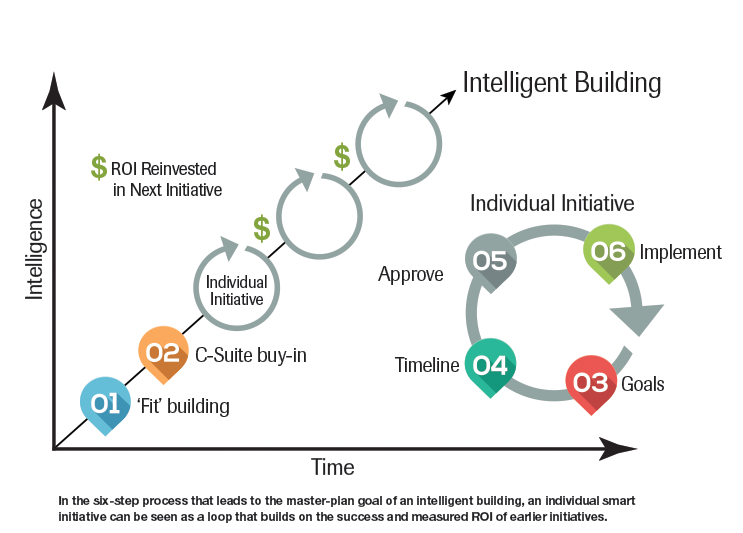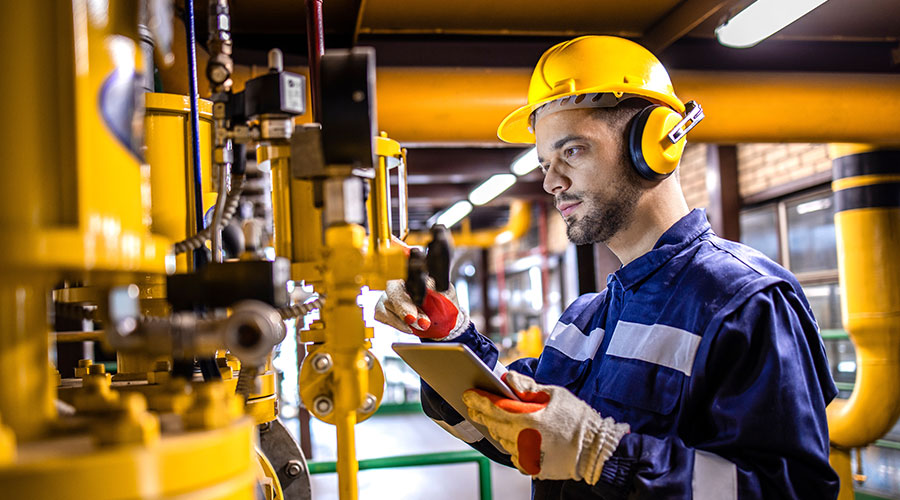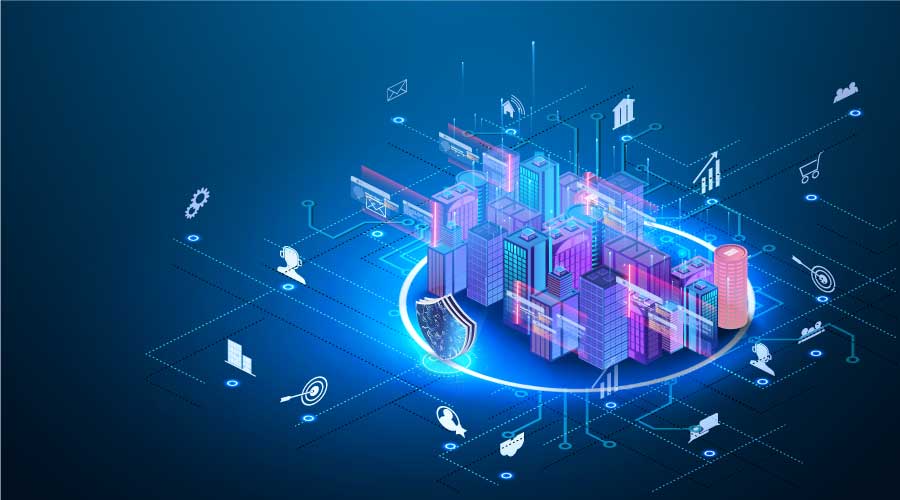What Does “Intelligent Building” Mean Today?
The discussions around "smart systems" and "intelligent buildings" have increased dramatically in the past five years, and for good reason — competition. Buildings are being forced to look at all aspects of their design — management, amenities, and operations — to be more attractive to owners and occupants than their competitors. At the same time, market pressure from consumers is forcing buildings to keep up with the rapid pace of innovation. Hence the move to smart or intelligent buildings.
Over the last half-decade, smartphones have gone from cool new gadgets to essential tools for conducting business. Temperature and lighting controls have gone from just thermostats and switches on the walls to WiFi-controlled from a mobile app. In this competitive market, tenants are asking questions about what the cellular coverage is like or what type of control they will have to reduce the energy consumption of their HVAC and lighting systems.
It is difficult to get through a day without hearing discussions about "big data," or the "Internet of Things" (IoT) in the news. As these solutions become commonplace over the next several years, they will enter the commercial building market with its thousands of devices that are controlling and monitoring systems and are ripe for data extraction and analytics.
But what does it actually mean to be a "smart" or "intelligent" building? "Smart" is used to describe advanced sensors, actuators, and related devices. A smart device or system is operated by a microprocessor, has programming to execute a pre-defined set of actions or sequence of operation, and communicates with external systems via some form of data network. "Intelligent" is used to describe a combination of smart devices and systems, with supervisory software enabling coordination and collaboration between the smart items. True intelligence implies the ability to automatically adjust operating parameters interactively between smart items to optimize building functionality. Optimization may benefit energy savings, occupant comfort, safety and security, or operational productivity, but at the core, an intelligent building is greater than the sum of its smart parts.
Since so many new technologies out there show promise, how does a building owner select the right solution or even ensure that the technology is a wise investment?

Related Topics:













